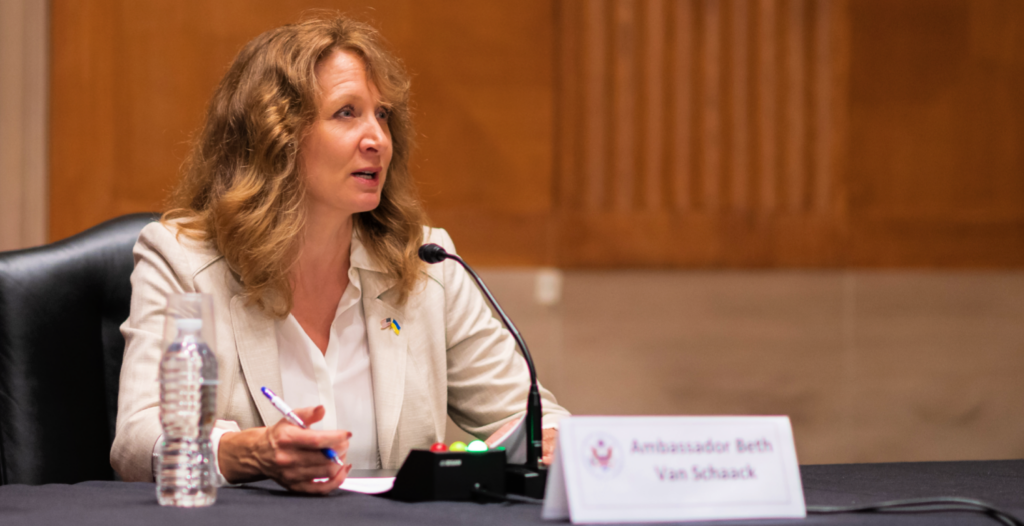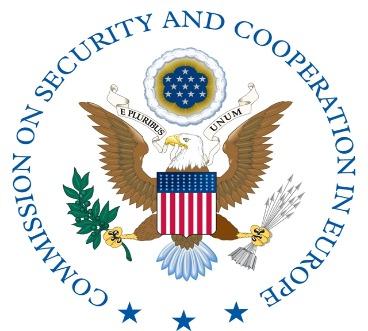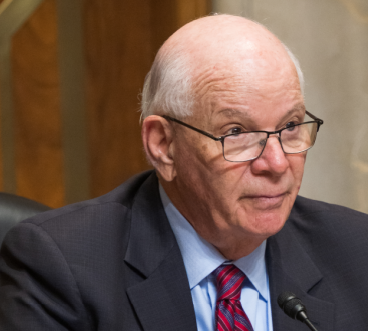WASHINGTON – In observance of the International Day in Support of the Victims of Torture, United States Helsinki Commission Chairman Rep. Christopher H. Smith (R-NJ) called for intensified efforts to prevent and punish torture as well as meaningful support for the survivors of torture.
“The recent deaths of Orif Ershanov and Otamaza Gafaro at the hands of Uzbekistan officials are the latest cases to underscore that preventing torture is truly a matter of life and death,” said Chairman Smith. “But while we work to eradicate torture, we must not forget those who have already become its victims.”
“While the United States has consistently spoken out forcefully against the use of torture around the world, serious questions have been raised suggesting U.S. complicity in torture as part of the war against terrorism,” said Helsinki Commission Co-Chairman Senator Ben Nighthorse Campbell (R-CO).
In February, Smith, Campbell and four other Helsinki Commission Members wrote to the White House urging an investigation of “serious allegations that the United States is using torture, both directly and indirectly, during interrogations of those suspected of terrorism.” Against this backdrop, Co-Chairman Campbell urged the Administration to “issue a forthright statement on torture.”
“Amnesty International has issued a number of recommendations to help end torture,” continued Smith. “They are remarkably straightforward and easy to grasp: officials at the highest level should condemn torture; governments should ensure access to prisoners; secret detentions should be prohibited; and confessions obtained through torture should be excluded from evidence in the courtroom. . . . At the OSCE Parliamentary Assembly’s Annual Session two years ago, I introduced a resolution, passed by the Assembly, that built on these basic concepts.”
Smith also drew attention to the Torture Victims Reauthorization Act, H.R. 1813, which would reauthorize funding for torture victims’ treatments centers domestically and abroad. “The lives of torture survivors can never be the same,” Smith added. “But with treatment, victims have the hope of becoming stable and productive members of their communities.”
In the 1999 OSCE Istanbul Charter, the OSCE participating States committed themselves to “eradicating torture and cruel, inhumane or degrading treatment or punishment throughout the OSCE area. To this end, we will promote legislation to provide procedural and substantive safeguards and remedies to combat these practices. We will assist victims and cooperate with relevant international organizations and non-governmental organizations, as appropriate.”










